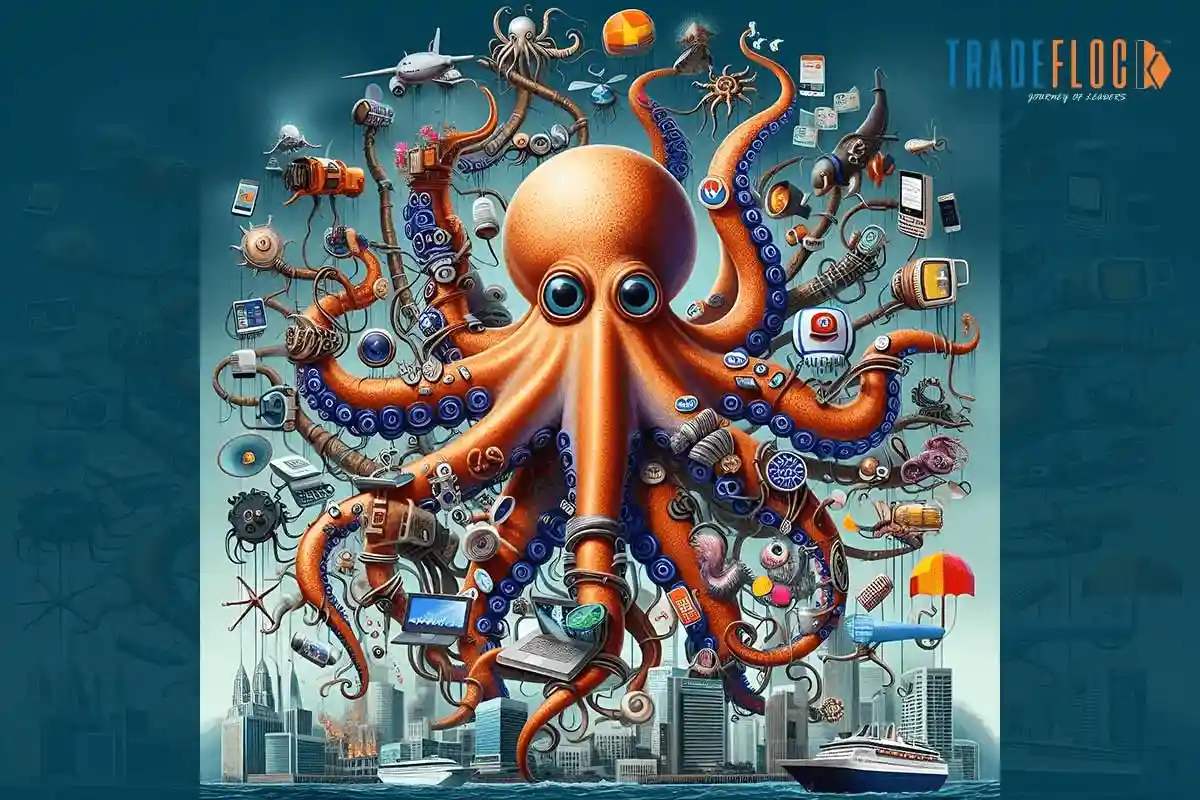Recently, news broke out that Reliance Industry is looking to invest Rs. 1000 crore to Rs. 3000 crore in India’s diagnostic sector. This came as a surprise to many. No one imagined that Reliance, originally an oil and gas company, would venture into the diagnostic business. However, looking at the portfolio of companies owned by Reliance, this is not as big of a surprise as many people think it is.
Reliance has been on a buying streak for the last five years. It has acquired many companies from various sectors in the last five years, which has helped Reliance increase its presence in various new sectors. Reliance has already entered the medicine and drugs sector when it bought Netmeds for Rs. 620 crore in cash. After the purchase, Isha Ambani, Director of RRVL (Reliance Retail Ventures Limited), said, “This investment is aligned with our commitment to provide digital access for everyone in India.”
This quote by Isha Ambani pleads the case of Reliance’s vision in India. The company is already the biggest telecommunication company in India, with more than 275 million active users and growing. Moreover, the Jio brand also has a ton of subsidiaries, such as Jio Cinema, which focuses on movies, live events, and series, and Jio Saavn, which is another acquisition Jio made in 2018. Along with these brands, Jio has a long list of brands it had acquired. Some of the most prominent brands under Jio are Jio Fibre, the biggest broadband service in India with around 50 million customers; Ajio, which is an online clothes and lifestyle brand; and most importantly, JioMart, which is an online and walk-in grocery and retail platform.
When it comes to retail, Reliance has its foot in pretty much every industry. It has reliance digital which is a retail store for electronic appliances. The company also has Reliance Footprint, a footwear retail store, and Reliance Trends, a clothing retail store. Along with these brands, Reliance has also acquired some international retail brands. The oldest toy retailer in the world, Hammley’s, was bought by Reliance in 2019 for Rs 620 crores. It has also bought the rights of American retail giant 7-Eleven in India. Last but not least, it has Reliance Fresh, which deals with fresh groceries. The total revenue of Reliance Retail is around $7 billion, which is expected to grow by 12-fold in the next 5 to 10 years to a whopping $134 billion.
Another sector in which Reliance has a big presence is mass media. It owns one of the biggest media companies in India, the Network 18. The company has various news outlets, broadcasting channels, magazines, OTT platforms, and a production house producing some of India’s most well-known movies. Some of the media outlets under reliance include CNBC channels, Nickelodeon channels, Colors Channel, News 18, CNN News 18, Comedy Central, MTV, VH1, and History TV18. Along with these channels, Reliance has control over Forbes India, Overdrive India, and websites like MoneyControl and FirstPost. It also has digital platforms like Voot and BookMyShow.
With so many brands and subsidiaries under their belts, people tend to forget about the bread and butter of the Reliance group: its oil and gas, textile, and manufacturing industries. Reliance has the biggest crude oil refinery in the world, the Jamnagar Refinery in Gujarat, which refines 1.24 million barrels of crude oil a day. It also has various textile manufacturing brands like Vimal. It also produces petrochemicals, gas, and renewable energy.
Reliance is one of the world’s most vast conglomerates. Its number of subbrands and subsidiaries is simply unbelievable and very rare to see for an Indian company. With this, Mukesh Ambani is looking to capitalise on every market and wants to make the Reliance industry a true corporate octopus. The ecosystem created by Reliance in India has given rise to immense competition, and in more instances than not, it has had a good outcome for the citizens of India. At the beginning of Jio, Mukesh Ambani pushed its network to everyone for free. This significantly decreases the price of the Internet. Before Jio, Indians used to pay Rs 249 for 1 GB of internet. However, after Jio, Indians consumed data like it was free. This is also one of the driving features of the quick adoption of digital India. So, don’t be surprised if, in the future, all the clothes you wear, the food you eat, the bed you sleep on, and the movies you watch will all be manufactured by Reliance.






